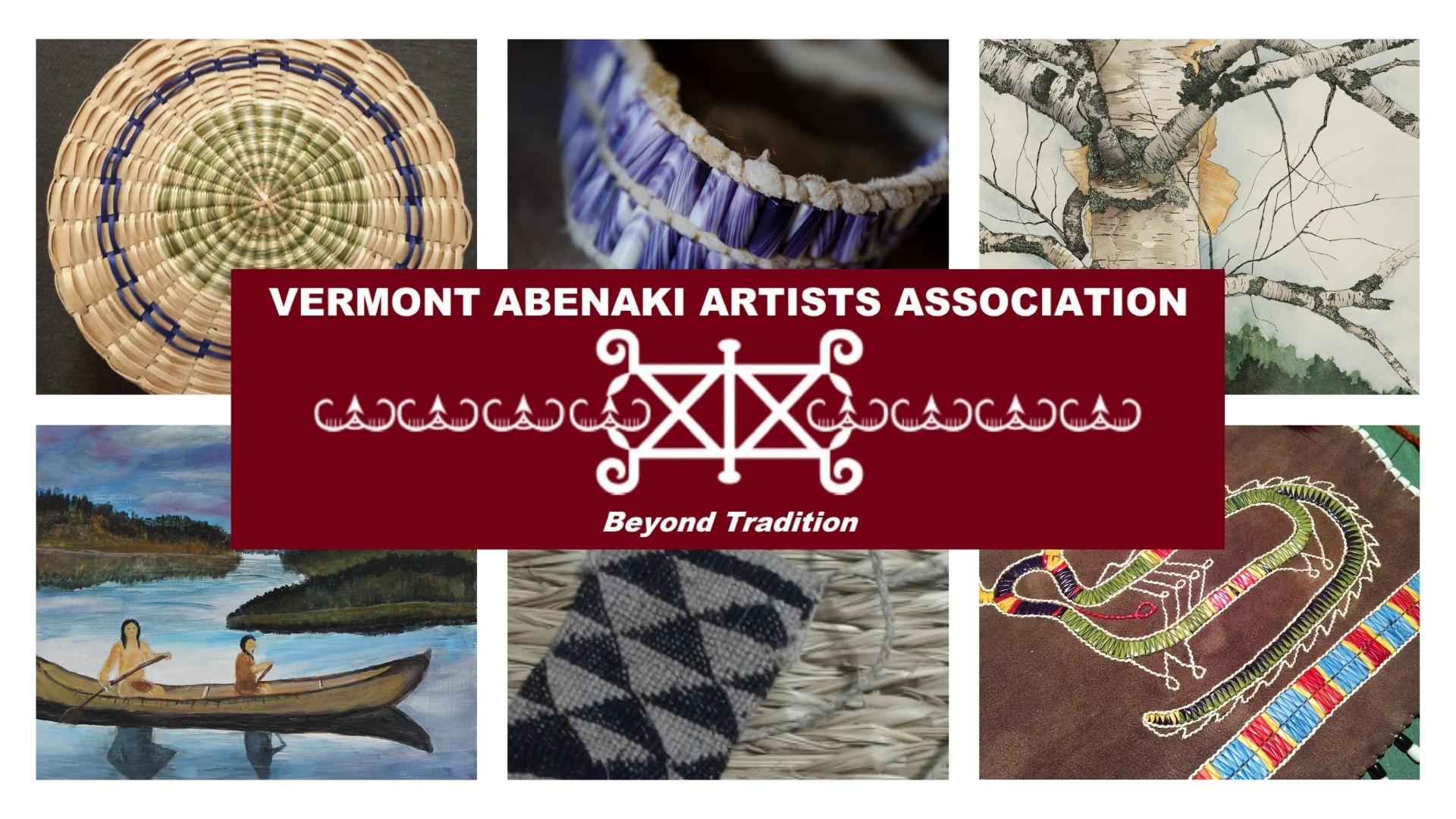Kwai (hello/greetings) everyone,
As we have just retired 2018 and look forward to 2019, I would like to let you know what a successful year 2018 was. VAAA partnered with Lake Champlain Maritime Museum, Flynn Performing Arts Center, and local libraries to present many programs.
School children from throughout Vermont, New Hampshire, and Connecticut went to see our traveling exhibit Alnobak: Wearing Our Heritage and they used the curriculum materials that we developed in their classrooms. Additionally, we had 28 teachers attend our second annual professional development seminar Presenting Abenaki Culture in the Classroom.
Education is a crucial part of VAAA
